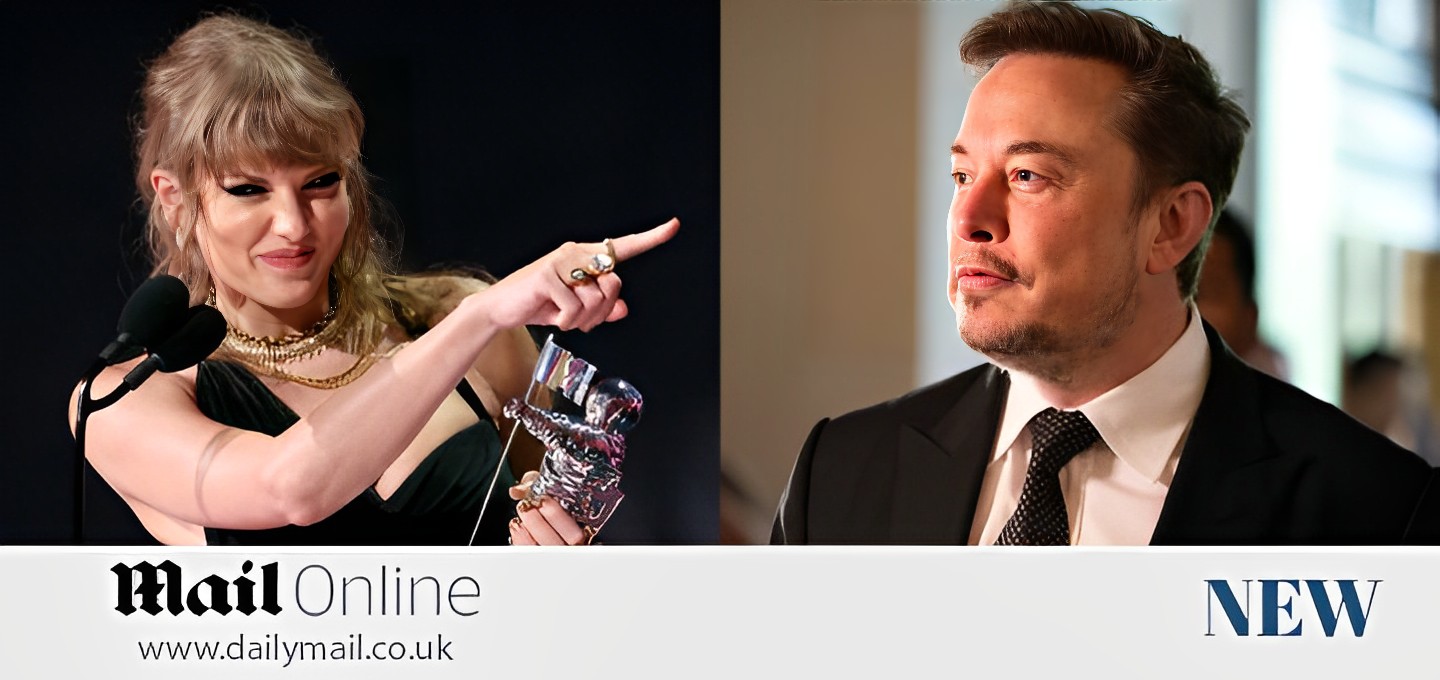BREAKING: Taylor Swift drives the media crazy, calling Elon Musk ‘petty’ and asking shocking questions that are… See more

After 25 years of dedicated charitable work, Melinda French Gates has solidified her reputation as a leading philanthropist. However, in a recent interview with The New York Times, French Gates raised thought-provoking questions about the philanthropic contributions of other billionaires. She addressed prominent figures such as hedge fund manager Bill Ackman, Block CEO Jack Dorsey, PayPal co-founder Peter Thiel, and Tesla CEO Elon Musk.

Redefining Philanthropy
During the interview, French Gates emphasized that true philanthropy is not just about making donations or using public platforms for promotion. She stated, “They use their voice and their megaphones, but I wouldn’t call those men philanthropists.” She believes philanthropy should focus on creating long-lasting societal changes and positive impact, rather than just publicity.
She highlighted the fact that while many billionaires have made public pledges like the Giving Pledge, their actual records of giving back to society, in her opinion, are lacking. French Gates pointed to the need for real, impactful contributions rather than symbolic gestures.
Accountability and the Role of Influence

French Gates’ comments have ignited important discussions around the responsibility that comes with wealth and influence. Although many wealthy individuals have established charitable foundations, the effectiveness of their efforts often comes into question. French Gates highlighted that philanthropists like her former husband, Bill Gates, along with Warren Buffett, have contributed over $77 billion through their foundation, creating measurable and lasting impact.
In contrast, she suggested that some others in similar financial positions haven’t met the same ethical or charitable benchmarks. This raises broader questions about the moral obligations billionaires have toward society and their roles in making the world a better place.
Public Response and Debate

French Gates’ remarks sparked conversations across social media, with mixed reactions from the public. Some have fully supported her call for greater accountability among wealthy donors, while others have defended figures like Elon Musk and Jack Dorsey, who have been involved in various philanthropic initiatives despite facing controversy.
This debate has grown into a larger discussion about what it truly means to be a philanthropist in today’s society. Social media platforms like Twitter and Instagram have seen hashtags such as #PhilanthropyDebate and #AccountableGiving trending, as users call for increased transparency and authentic charitable efforts from billionaires.
Celebrities and Accountability
In a related instance, pop star Taylor Swift has recently joined the conversation about accountability among public figures. In a public statement, Swift criticized Elon Musk, sparking an online debate between their fans. This shows how celebrity influence can further drive discussions on ethics, philanthropy, and social responsibility.
Conclusion: A Call for Meaningful Change

Melinda French Gates’ comments serve as a reminder that true philanthropy requires dedication, thoughtful engagement, and long-term impact. Her challenge to other billionaires underscores the importance of holding public figures accountable for their actions. As society continues to discuss wealth and responsibility, it is clear that the future of philanthropy will focus on transparency, integrity, and genuine efforts to uplift communities.
The ongoing conversations about celebrity influence and philanthropy highlight the importance of meaningful and authentic giving, which prioritizes the well-being of society over personal gains. As public scrutiny grows, it will shape the actions and legacies of influential figures in the years to come.
